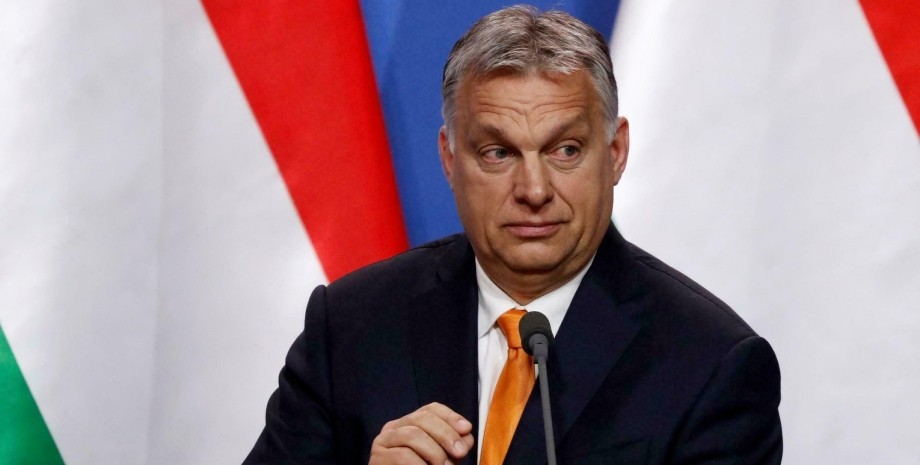
 By Natali Moss
By Natali Moss
The Czech politician called him a "Trojan horse" that tries to destroy the European Union from the middle. The statement of Dvorak quotes Euractiv. The statement of the Czech minister was heard during the debate, which was attended by representatives of the Czech opposition parties. According to Dvorak, the actions of the "Trojan horse" of Orbana are intense and effective and really inhibit the support of Ukraine.
"Orban is a Trojan horse that intensively and, unfortunately, is increasingly breaking this unity," the officials quoted. According to the Minister of European Affairs, the actions of the Hungarian policy can be described in two words - blackmail and abuse. Blackmail is what Orban's actions really are. Abuse is too frequent veto overlay that does not help Hungary, but assists Russia's aggressor. "I think that the real name [of the Hungarian approach - ed.
] Is the abuse of the veto not to protect the national interests of Hungary, but to protect the interests of Russia," Dvorazak said. The Minister's opponent was a politician from the opposition party from Anola Schiller. The woman did not criticize Orban's actions. Instead, she stated that the discussion of Ukraine's accession to the EU was really out of time. First of all, Schiller, Ukrainians should carry out reforms, for example, "approval of judicial reform or subsidy policies.
" It should be noted that on December 14, a vote was held at the summit of the heads of the EU countries on the beginning of negotiations for Ukraine's accession to the EU. Victor Orban has been objected to such a decision for a long time. At the same time he argued in different ways: he first spoke of the rights of national minorities, then-about corruption. A number of European leaders who tried to persuade him not to block his decision on Ukraine were tried to vote with him.










All rights reserved IN-Ukraine.info - 2022